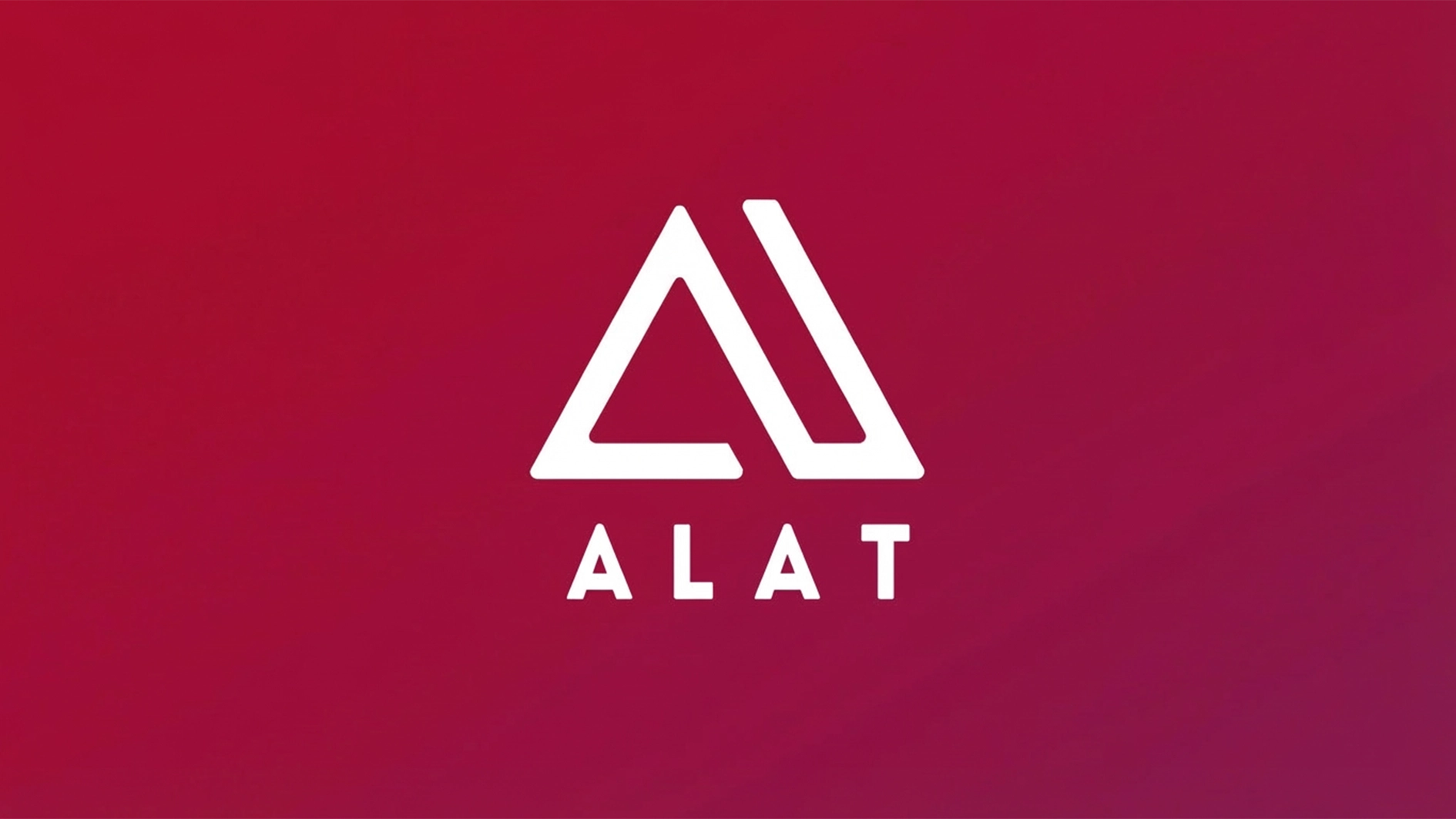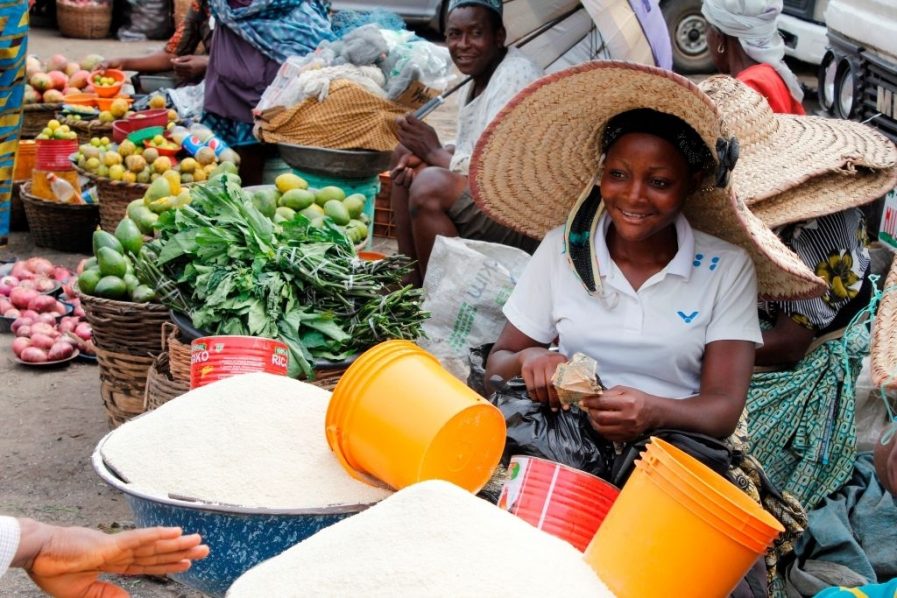
Despite their operational inefficiencies, both Lagos and Abuja international airports were for the umpteenth time ranked among some of the most expensive airports in Africa.
The oddly familiar rating, which was reechoed by the International Air Transport Association (IATA) this week in Abuja, is not unconnected with perennial multiple taxes and charges that are paid by both passengers and airline operators.
The users, who had consistently complained about the exploitation, said both Murtala Muhammed International Airport (MMIA) in Lagos and the Nnamdi Azikiwe International Airports (NAIA), Abuja, would continue to be called out until the authorities review and harmonised sundry user rates at the facilities.
The Guardian had reported that the local sector accounts for sundry taxes and charges numbering 35. The multiple charges cost the airlines between 38 and 65 per cent of revenue.
Indeed, the acclaimed pressure on Nigerian passengers and operators is not out of place given that the system charges five per cent value-added tax (VAT), passenger service charge of N1000 per ticket on local route, Charter Sales Charge, Aircraft Inspection Fees, Simulator Inspection Fees, Landing Charges, Parking Charges and Terminal Navigational Charge.
Others are en route charge, surcharge, airport space rent, Electricity Charges, Apron Pass, ODC, Registration Fee, Service Recovery Charge, Processing Fee, Avio Bridge, Aircraft Registration and Processing Fee.
The airlines also pay Toll Gate Fee, VIP Lounge, Trolley Service, Clearance Fee, Check-In Counter Charge, Courier/Tarmac/Pre-Release charges, Import Charge (Dom), Export Charge (Dom), Import Royalty, Export Royalty, Ports Charge, Exports Charge, Transshipment, and Concession Fee.
About a year ago, AirInsight report ranked Nigeria as the eighth most expensive aviation country in Africa – only behind Niger, Liberia, Guinea Bissau, Senegal, Bangui, Sierra Leone, and Republic of Congo.
Comparatively, Nigeria charges international air travellers an average of $100 on regional flights. Niamey in Niger Republic charges $162, followed by Monrovia (Liberia) $145; Guinea Bissau $137; Dakar, Senegal $116; Douala, Cameroon $115; Bangui, Central African Republic $111 and Freetown, Sierra Leone $109.
In Central and Western Africa, 10 out of its 23 airports charge more than $100. Thus, the two regions represent only 20 per cent of the global traffic to/from Africa. Most of the Northern African airports, which represent 35 per cent of the traffic, charge less than $50.
Meanwhile, airports in Europe charge less than in Africa in terms of taxes and fees on arrival and transfer. While the average amount of taxes and fees paid by passengers in Africa is $64, they are charged $30.23 in Europe and $29.65 in the Middle East even though traffic is much more significant in these regions.
The average amount of transfer taxes and fees in Africa is $36.02 compared to $17.55 in Europe. Taxes and fees on arrival are $8.81 in Europe, while $12.32 in Africa.
IATA’s Vice President for Africa and Middle East, Kamil Al Alwadi, said in Abuja on Tuesday that NAIA and MMIA now top the log in Africa, and stifling air transport growth in the process.
Al Alwadi said: “In a recent research conducted, it was discovered that the most expensive airport in Africa is Abuja airport, followed by Lagos airport. With all these exorbitant charges, Nigerian airlines can’t compete with their foreign counterparts.”
Acknowledging that it is not peculiar to Nigeria, the VP added that Africa had put itself in a place where it could not help its own. “We have expensive fuel, excessive charges, leasing, and insurance going through the roof. But the airlines need to be financially viable too. The airlines contribute to the country’s Gross Domestic Product (GDP), but Nigeria needs to decide what to do for them to survive,” he said.
Commercial Director of the Togo-based carrier, Asky Airline, Nowel Ngala, earlier told The Guardian that air transport would not thrive with high charges all over the place.
Ngala noted that the issue is not new, though regretted that it keeps hurting the airlines and the travellers even more.
He said: “It is important for our consumers, the travellers, to know that almost 40 to 50 per cent of what you pay as a ticket goes to taxes, charges, and fees. That is, taxes from the government, charges from the airports and fees even from the local governments.
“There are 14 different taxes in West Africa alone – in the forms of development, infrastructure, tourism taxes and so on. The list just keeps growing.
“This is not well understood by most of the travellers who feel that the airlines are overcharging them. But the net fare that comes to the airlines is very minimal to take care of all the other operational costs like handling, overflight permits, catering, and others,” he said.
Ngala added that both air travellers and African aviation would be better off with harmonised taxes, fees, and charges.
“We suggest that instead of each country coming up with its charges and making them more, they should come together on a regional basis to harmonise charges and reduce costs.
“There are so many studies done to demonstrate that with the reduction of these taxes, fees, and charges, the growth of travel will increase, and it will be beneficial to all – airlines, service providers, air travellers and all the actors in Africa,” he said.






